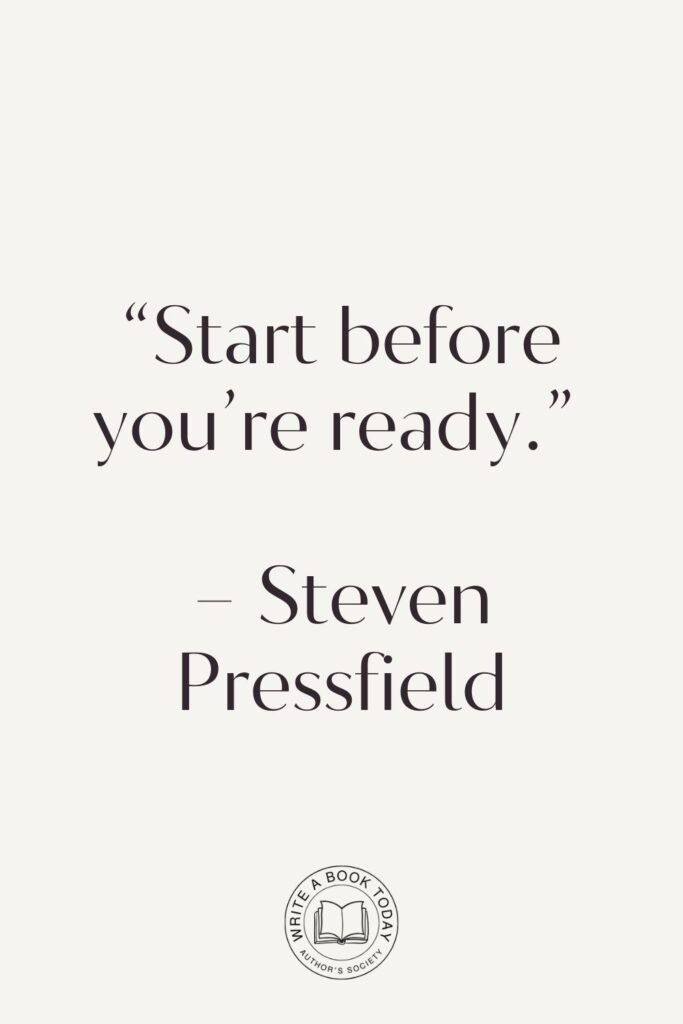Have you ever received a rejection letter and felt like the universe was conspiring against you?
You’re not alone. Many of us have faced that dreaded moment when our hopes are dashed by a simple “we regret to inform you” note.
But what if I told you that these rejection letters could be the stepping stones to your personal growth and success?
This article explores how we can transform the sting of rejection into a catalyst for opportunity, offering insights into handling rejection with grace and resilience.
Understanding Rejection Letters
Rejection letters are a common part of life, whether they come from potential employers, schools, or other opportunities. They often leave us questioning our abilities and worth, but it’s crucial to understand their true nature.
These letters are not personal attacks; rather, they are a reflection of circumstances beyond our control. Recognizing this can help us manage our reactions and view them as part of the broader journey toward success.
The Emotional Impact of Rejection
Rejection can feel like a heavy blow, impacting our emotions and self-esteem. It’s essential to acknowledge these feelings and understand their origins to effectively cope with them.

Common Reactions to Rejection Letters
Upon receiving a rejection letter, it’s natural to experience a whirlwind of emotions: disappointment, frustration, and even self-doubt.
These reactions are part of the human experience and should be acknowledged rather than suppressed. When we allow ourselves to feel these emotions, we can process them and move forward more healthily.
It’s okay to grieve after receiving a rejection letter. Allow yourself time to process the disappointment and understand that it’s a normal reaction. This emotional release can be the first step towards healing and moving forward.
The Psychological Toll of Rejection
Rejection doesn’t just affect our emotions; it can also take a psychological toll. It can lead to rumination, where we repeatedly replay the rejection in our minds, questioning what we could have done differently.
This cycle can be detrimental to our mental health, causing anxiety and depression. However, by understanding the root causes of these feelings, we can begin to address them constructively.
Studies have shown that the brain processes rejection similarly to physical pain, which explains why it feels so intense.
But just like physical wounds heal, so too can the psychological scars of rejection, especially when approached with a mindset geared toward growth and resilience.
No marketing platform? No social following? No problem!
Publisher Rocket helps you market your debut novel like a pro.
It’s a gamechanger for debut authors – try it today!


Transforming Rejection into Growth
While rejection can feel like a setback, it can also be a powerful motivator for personal and professional growth. By changing our perspective, we can turn these experiences into opportunities for development.
Reframing Rejection as a Learning Opportunity
One of the most effective ways to overcome rejection is to reframe it as a learning opportunity. Each rejection offers valuable insights into areas where we can improve.
Whether it’s refining a job application or enhancing a skill, viewing rejection as feedback rather than failure allows us to grow and adapt.
After receiving a rejection, take a moment to reflect on what you can learn from the experience. Consider what aspects of your approach could be improved and how you can apply this knowledge in the future.
This mindset shift can transform rejection into a powerful tool for growth.
Building Resilience Through Rejection
Resilience is the ability to bounce back from adversity, and rejection is a prime opportunity to build this trait. By facing rejection head-on, we develop the mental fortitude to withstand future challenges.
This resilience is not just about enduring hardship; it’s about thriving despite it. Over time, the more we practice resilience, the less impact rejection will have on us emotionally.

The Role of Self-Compassion in Overcoming Rejection
Self-compassion involves treating ourselves with kindness and understanding, particularly in the face of failure or rejection. Instead of harsh self-criticism, we should offer ourselves the same empathy we would extend to a friend.
This practice helps mitigate the negative effects of rejection, fostering a healthier self-image and promoting emotional healing.
Practice self-compassion by acknowledging your efforts and achievements, regardless of the outcome. Remind yourself that rejection is not a reflection of your worth, and treat yourself with the kindness and respect you deserve.
Practical Strategies for Moving Forward
Once we’ve processed our emotions and reframed rejection, it’s time to take practical steps toward personal growth and future success.
Google Docs is for notes. Scrivener is for novels. Upgrade your writing game and try it for free today!

Embracing a Growth Mindset
A growth mindset is the belief that our abilities and intelligence can be developed through dedication and hard work. Embracing this mindset allows us to view rejection as a challenge rather than a defeat.
By focusing on learning and improvement, we can turn setbacks into stepping stones toward success.
To cultivate a growth mindset, surround yourself with positive influences, set achievable goals, and celebrate small victories. This approach not only enhances resilience but also encourages continuous personal development.
Seeking Feedback and Constructive Criticism
Feedback is a valuable tool for growth. After receiving a rejection, seek constructive criticism from those involved. Understanding why you were rejected can provide insights into areas for improvement.
Use this information to refine your approach and increase your chances of success in future endeavors.
When seeking feedback, approach it with an open mind and a willingness to learn. Constructive criticism can be a powerful catalyst for personal and professional growth.

Setting New Goals and Action Plans
Rejection can serve as a wake-up call to reevaluate our goals and strategies. Use the experience as an opportunity to set new, realistic goals and develop action plans to achieve them.
By focusing on what we can control, we regain a sense of agency and direction in our lives.
After a rejection, take time to reassess your goals and create a clear action plan. Break down your objectives into manageable steps and set deadlines to keep yourself accountable.
This proactive approach can help you regain momentum and work towards achieving your aspirations.
Building a Support System
Having a strong support system can make a significant difference in how we handle rejection. Surrounding ourselves with people who offer encouragement and understanding can provide the emotional backing needed to navigate challenging times.
Connecting with Others for Emotional Support
Reaching out to friends, family, or support groups can provide a safe space to share your experiences and feelings. Knowing that others have faced similar challenges can be comforting and remind us that we’re not alone.
These connections can offer fresh perspectives and motivate us to keep moving forward.
Utilizing Networking to Find New Opportunities
Networking is a powerful tool for discovering new opportunities and expanding our horizons. By building relationships with professionals in our field, we increase our chances of finding roles that align with our skills and interests.
Networking can also provide valuable insights and advice from those who have navigated similar paths.
Leverage networking opportunities by attending industry events, joining professional organizations, and connecting with peers online.
Building a strong network can open doors to new possibilities and provide support as you pursue your goals.

Celebrating Progress and Future Opportunities
As we work through rejection and continue on our path, it’s essential to recognize and celebrate our progress. Acknowledging our achievements, no matter how small, can boost our confidence and motivate us to keep striving for success.
Recognizing Small Wins Along the Way
Every step forward, no matter how minor, is a victory. Celebrating these small wins helps maintain a positive outlook and reinforces our commitment to our goals.
Take time to reflect on your accomplishments and express gratitude for the progress you’ve made.
Feeling lost with your debut novel?
Fiverr Pro connects you with expert editors, designers, and marketers – everything you need to get your book ready for success!

Staying Open to New Paths and Possibilities
Rejection can sometimes lead us to unexpected opportunities that align more closely with our true passions and values. By staying open to new paths, we allow ourselves to explore possibilities we may not have considered before.
This openness can lead to fulfilling experiences and personal growth.
In conclusion, rejection letters, though initially painful, can be transformed into powerful tools for personal and professional development.
By understanding their nature, processing our emotions, and taking proactive steps, we can turn rejection into a stepping stone toward growth and success. Remember, every rejection is not the end but rather a new beginning.








